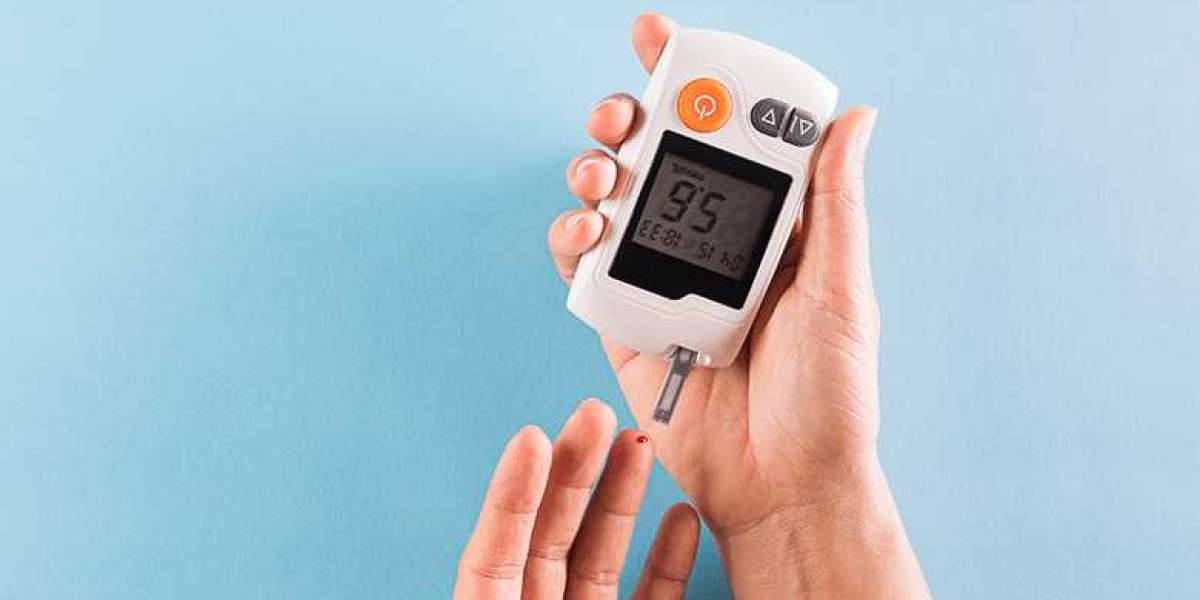The Inflammatory Bowel Disease Treatment Market was valued at USD 13.9 billion in 2022 and is projected to grow from USD 14.66 Billion in 2023 to USD 20.22 billion by 2030, exhibiting a compound annual growth rate (CAGR) of 5.12% during the forecast period (2023 - 2030).
The Inflammatory Bowel Disease (IBD) treatment market is experiencing steady growth due to increasing incidence rates globally. Key drivers include rising awareness, improved diagnostics, and advancements in treatment options. The market is primarily driven by biologic therapies such as anti-TNF agents, interleukin inhibitors, and integrin receptor antagonists. Additionally, the development of novel small molecule therapies and targeted therapies is fueling market expansion.
Growing research investments, supportive government initiatives, and favorable reimbursement policies are further boosting market growth. However, challenges such as high treatment costs, adverse effects, and limited accessibility in certain regions may hinder market progression. Overall, the IBD treatment market is poised for continued expansion and innovation.
Inflammatory Bowel Disease (IBD) treatment market witnesses dynamic growth, driven by innovations in ulcerative colitis treatments and medicines tailored for this debilitating condition. Ulcerative colitis, a chronic inflammatory condition of the colon and rectum, demands effective therapeutic interventions to manage symptoms and improve patients' quality of life.
In recent years, pharmaceutical advancements have diversified treatment options for ulcerative colitis. Biologic agents like anti-TNF therapies, immunomodulators, and novel drugs targeting specific inflammatory pathways have revolutionized disease management, offering hope for patients resistant to conventional therapies.
Moreover, the emergence of biosimilars has enhanced treatment accessibility and affordability, fostering competition and expanding patient access to effective medications. These developments reflect a shift towards personalized medicine, where treatment regimens are tailored to individual patient needs and disease severity.
Beyond pharmacological interventions, surgical procedures like colectomy remain essential for severe cases unresponsive to medical therapy, providing definitive relief and preventing complications such as colon cancer.
The market landscape is characterized by ongoing research endeavors aimed at unraveling the complex pathogenesis of ulcerative colitis and developing innovative therapies. Collaborations between academia, pharmaceutical companies, and healthcare providers drive clinical trials exploring novel treatment modalities, including targeted biologics, microbiome-based therapies, and stem cell transplantation.
Market Segmentation
The market is split into two groups based on the diseases they treat: ulcerative colitis and Crohn's disease.
People with Crohn's disease are expected to make up the largest part of the market. This segment is growing because Crohn's disease is becoming more common and because more people around the world are getting treatment for Crohn's disease.
The injectables market is expected to grow because of factors like the growing use of biologics to treat ulcerative colitis and Crohn's disease and the growth of product approvals for biologics.
The market has been split by drug class into IL inhibitors, JAK inhibitors, TNF inhibitors, anti-integrin, ASA drugs, corticosteroids, and others.
The largest part of the market was made up of TNF inhibitors. Patients of inflammatory bowel disease can use monoclonal antibodies to target remission and keep it going. This is helping the segment grow in the market.
Regional Analysis
North America dominated the global market for treating inflammatory bowel disease due to the presence of numerous powerful market players and the numerous strategic initiatives they carried out there. Additionally, the region's improved reimbursement practices, high treatment rates, and rising prescription of novel drugs contribute to regional expansion. The region's growth is also anticipated to be fueled by ongoing efforts to create novel therapeutics and supportive governmental initiatives. Over the forecast period, Asia-Pacific is expected to experience the fastest growth. Some key factors driving market growth in the upcoming years include an elevated likelihood of developing inflammatory diseases, an increase in the incidence of inflammatory bowel disorders, an aging population, and better healthcare policies. Additionally, it is anticipated that rising investments by influential regional players and the growing use of biosimilars and biologics will accelerate market growth shortly.
Market Players
The Inflammatory Bowel Disease Treatment companies are Abbott Laboratories, Valeant Pharmaceuticals International, Novartis AG , Janssen Biotech Inc. ,Alkem Laboratories Limited , AbbVie Inc. ,UCB Inc , Takeda Pharmaceutical Company Limited , Biogen Inc. , Pfizer Inc. , Allergan plc
Related Reports:
For More Information, Please Visit @ Market Research Future














